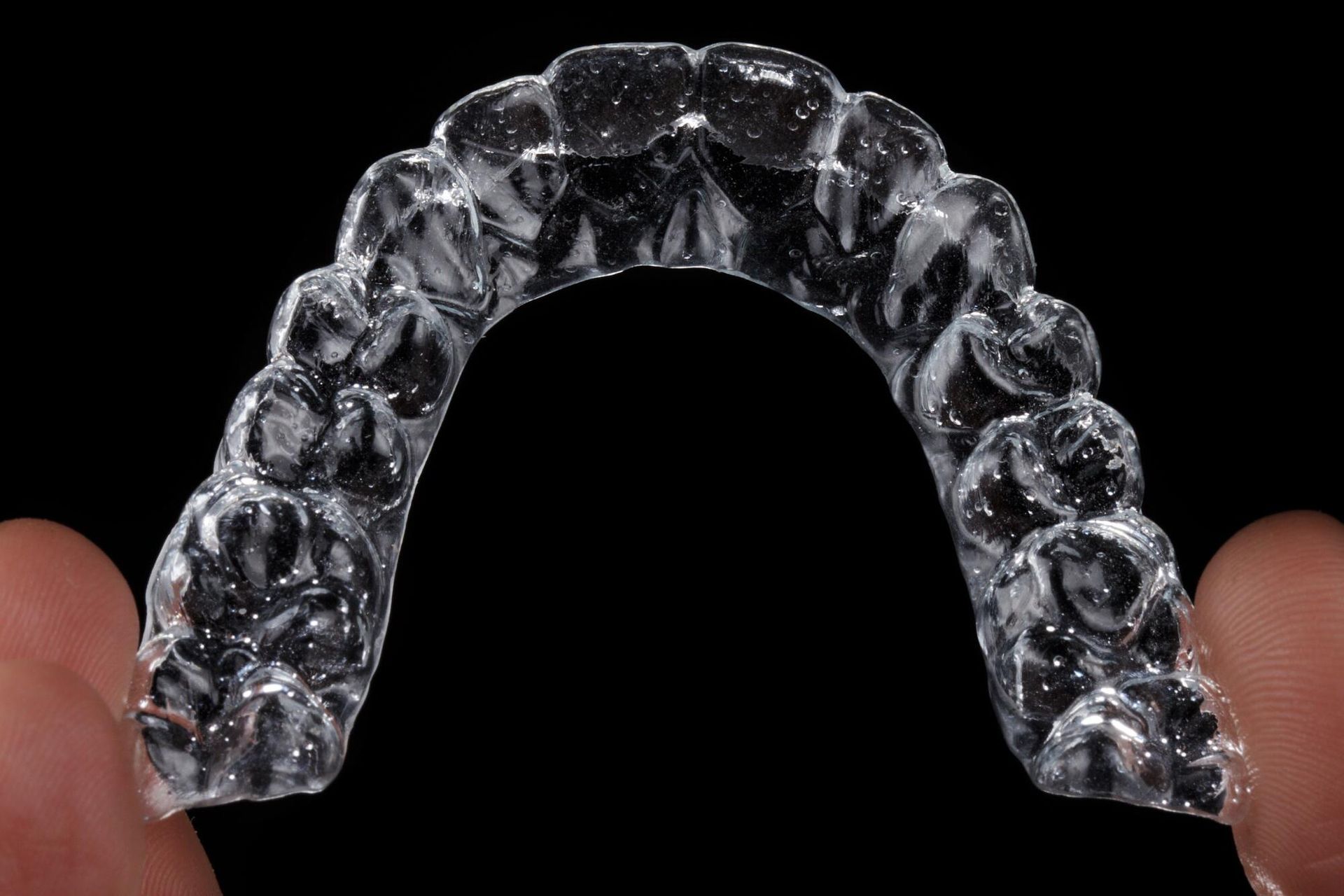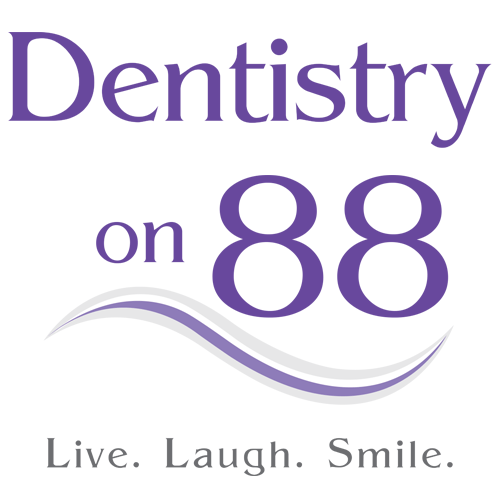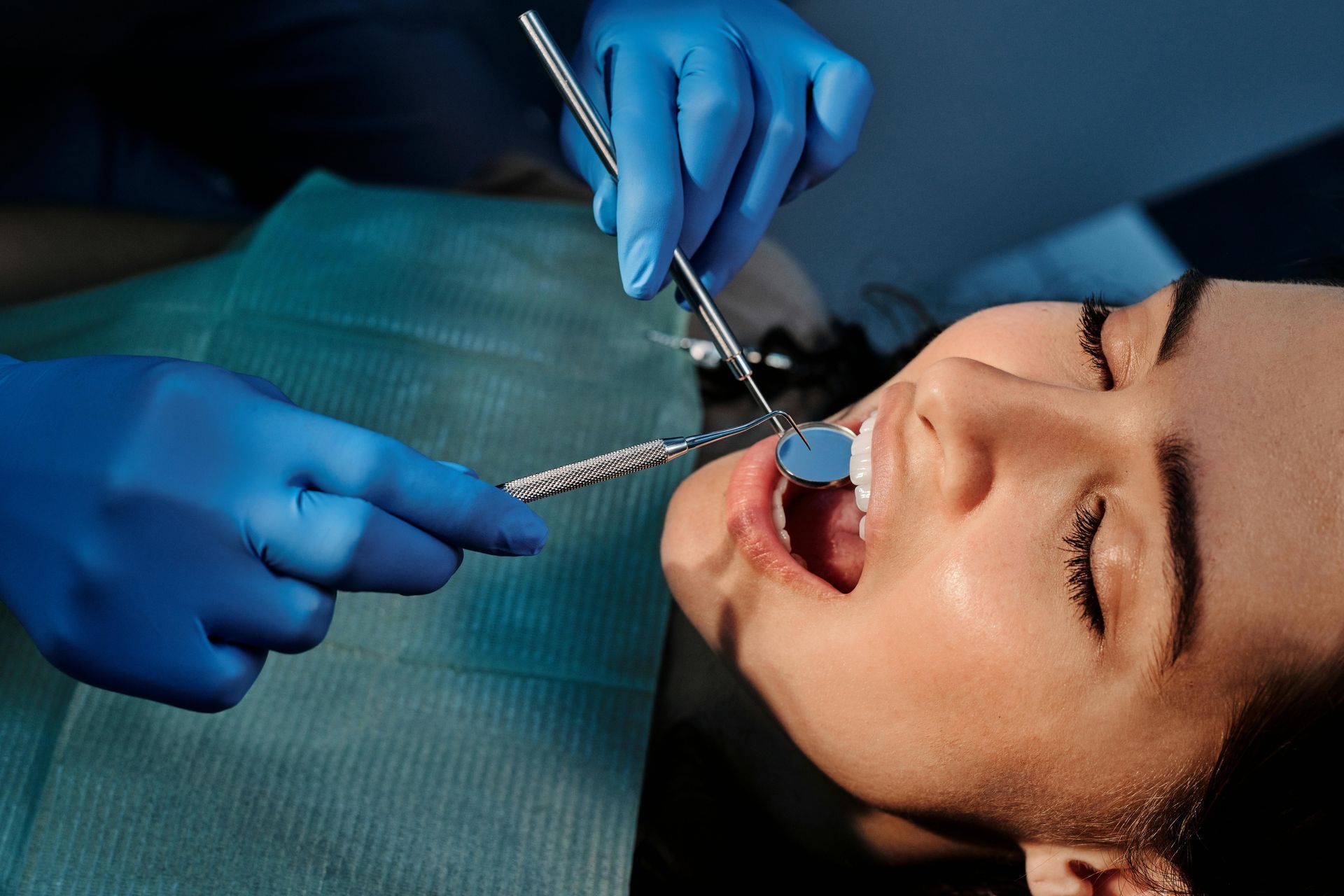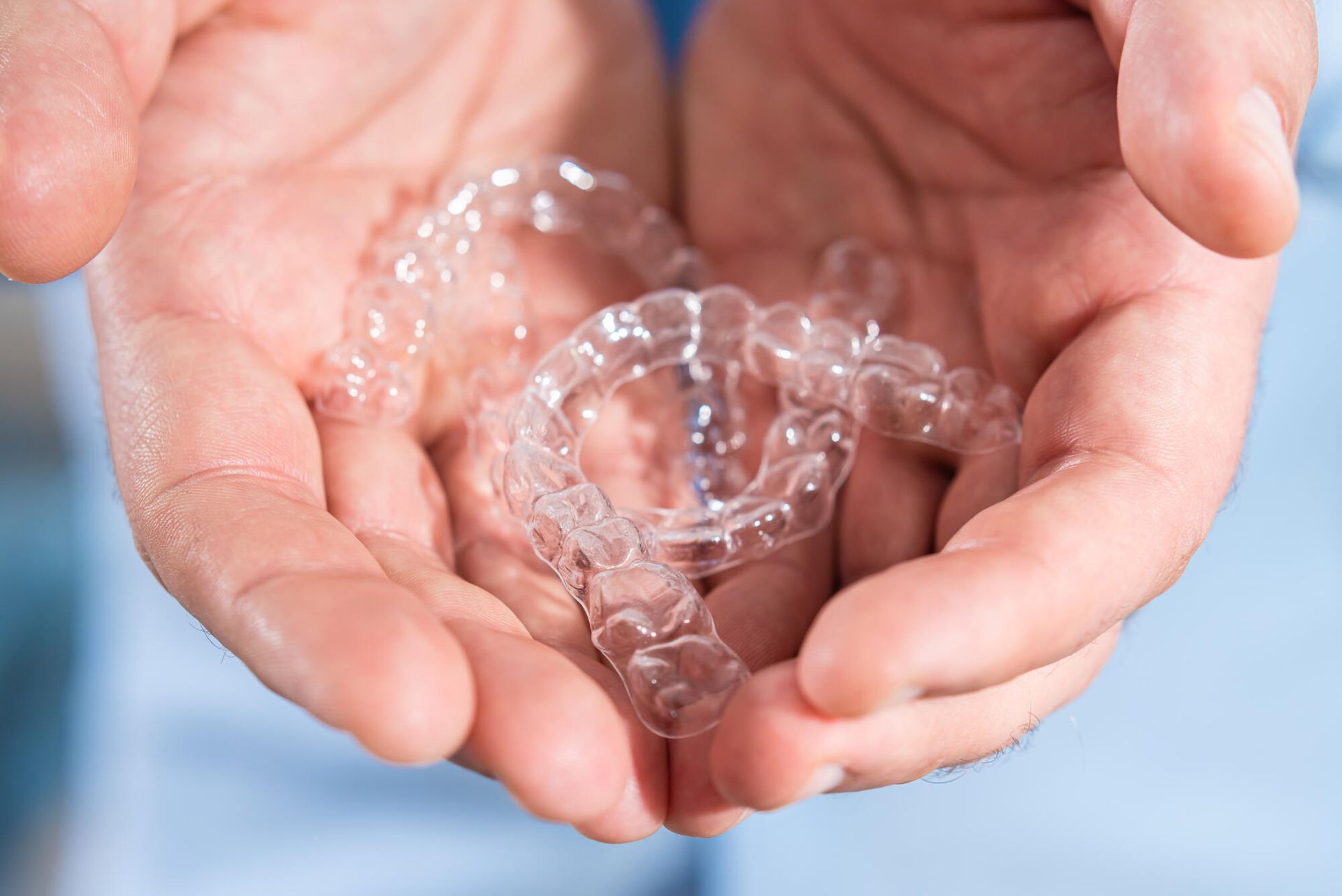What Is Dental Bonding And Can It Enhance Your Smile?
Dr. Arif Virani
D.M.D
Dr. Arif Virani attained his Doctor of Dental Medicine degree from the University of Pennsylvania.
He performs an assortment of treatments in general dentistry for young children, adults and seniors. Dr. Virani’s passion in dentistry include services such as dental implants, gum grafting and wisdom teeth removal.
When he isn’t working, he enjoys working out, playing sports and keeping up with all the Toronto sports teams. He plays softball in the Bradford Sluggers league. As well, he enjoys dining at new restaurants and spending quality time with his family and friends.
Dr. Virani looks forward to providing you and your family with dental care in a warm and relaxing environment.
Do you have a broken or chipped tooth? Through the use of dental bonding, the appearance of your tooth can be restored without causing too much strain to your budget.
Dental bonding is a cosmetic dental procedure, which involves a tooth-coloured composite material (a durable plastic material) that is applied to a tooth, then sculpted into shape, hardened with a special light and polished.
This cosmetic procedure is called dental bonding because the material bonds to the tooth’s surface to restore or improve the tooth’s appearance.
When Can Dental Bonding Be Applied?
Dental bonding can be used to:
- To repair tooth decay (composite resins are used to fill cavities)
- To repair chipped or cracked teeth
- To improve the appearance of discoloured teeth
- To close spaces between teeth
- To make teeth look longer
- To change the shape of teeth
- To protect the tooth’s exposed roots due to gum recession
- As a cosmetic alternative to amalgam fillings
What Does Dental Bonding Involve?
Your dentist will use a shade guide/colour guide to select a composite resin colour that closely matches the colour of your tooth.
Then your dentist will apply a low strength acid to the surface of the tooth. The acid etches and roughens the surface to help the bonding material stay in place. Next, a tooth-coloured, putty-like bonding material is placed on the tooth’s surface, and smoothed until it’s the proper shape.
An ultraviolet light is used next to help the material harden and set. After the bonding material is cured or hardened, further shaping and polishing is performed to match the sheen of the rest of the tooth surface.
Advantages of Dental Bonding
- Least expensive and of cosmetic dental procedures
- Usually can be done in one dental visit, unless multiple teeth are involved
- Less tooth enamel is removed with dental bonding compared with veneers and crowns
- Anesthesia or numbing of the area is usually not necessary unless dental bonding is used to fill a cavity as well
Disadvantages of Dental Bonding
- Bonding material can become easily stained over time
- Bonding material isn’t as strong and long-lasting as crowns and porcelain veneers
- Bonding materials may chip and break off the tooth
Since bonding material can chip, it is important to avoid habits such as biting fingernails or chewing on hard objects.
It is important to consult with your dentist first to determine if dental bonding is appropriate for your situation, or if another option may provide better results. Please contact us to learn more, we look forward to discussing how cosmetic dentistry can enhance your smile!













